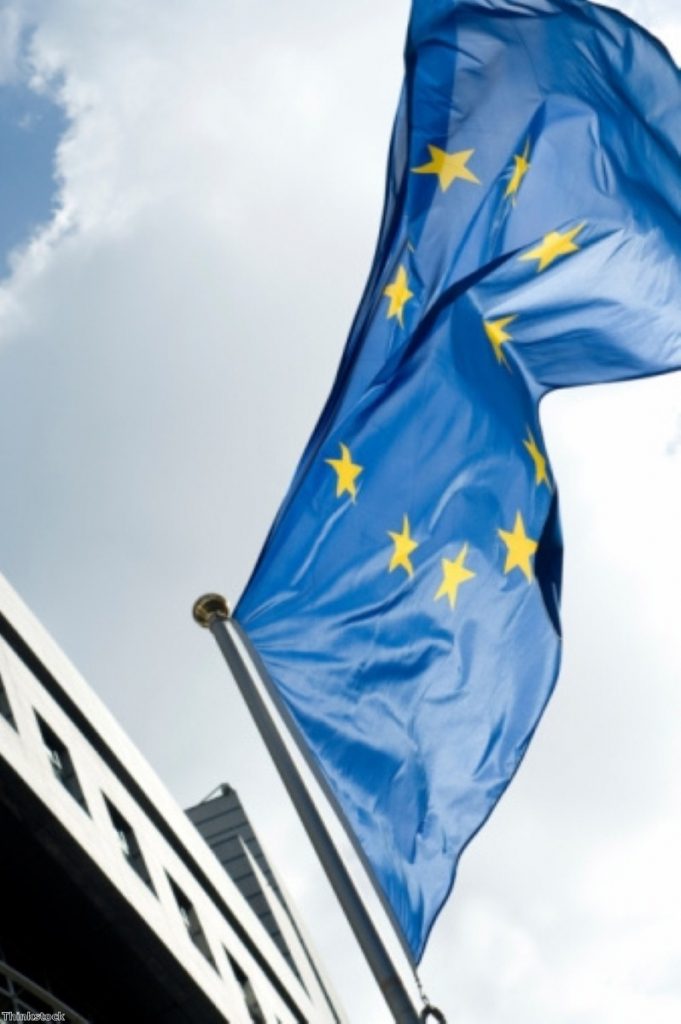‘A breaking of European law’: Commons hosts emergency EU debate
By Ian Dunt Follow @IanDunt
Eurosceptics warned of the breaking of European law by the creation of a fiscal union today, during an emergency debate in the Commons.
The session follows the announcement of a referendum on the treaty in Ireland and a separate ruling by Germany's supreme court preventing EU fund dispersals going through a secretive fast-track mechanism.
"We are witnessing the breaking of European law," Tory backbencher Bill Cash, who triggered the debate, said.


"It is an extraordinary paradox."
Eurosceptic Tory backbenchers insist the treaty, which would allow 25 of the 27 EU member states to use EU institutions, buildings and enforcement mechanisms, contravenes EU law.
Mr Cash said the debate, which was given the green light by Speaker John Bercow yesterday, should be used to bolster the government before it goes back into negotiations.
"The issue before the House is to have a debate about legality," he told the Commons.
"Silence can be assumed to be consent."
Fellow Tory backbencher John Redwood said: "This is a matter of great moment.
"Is there any way 25 countries can construct a treaty which presumes to affect the institutions of the 27 EU states as a whole, which doesn't adversely affect the UK in some way?"
Mr Cash replied: "It is important to get that on the record. I believe the arguments to be self-evident."
Shadow Foreign Office minister Emma Reynolds said: "I do sympathise with [Mr Cash] today. The only thing that seems clear is that the government's position is unclear."
The terms of reference of the treaty specifically say that EU institutions and enforcement mechanisms can be used by the new 25 grouping.
The UK government originally suggested it would fight such an eventuality, but radically watered-down its tone during the last Brussels summit.
While briefing that he might launch a legal challenge before the summit, Mr Cameron came back to Westminster suggesting he would not stand in the way of the new arrangement.
The debate comes as Ireland announced a referendum on the pact, throwing European officials into uncertainty.
Ireland has twice rejected EU treaties before changing its mind – and that was before austerity measures were levied on it, making it considerably more eurosceptic.
Senior lawyers decided the referendum was necessary, despite extensive efforts by European officials to sidestep it in their formulation of the treaty.









